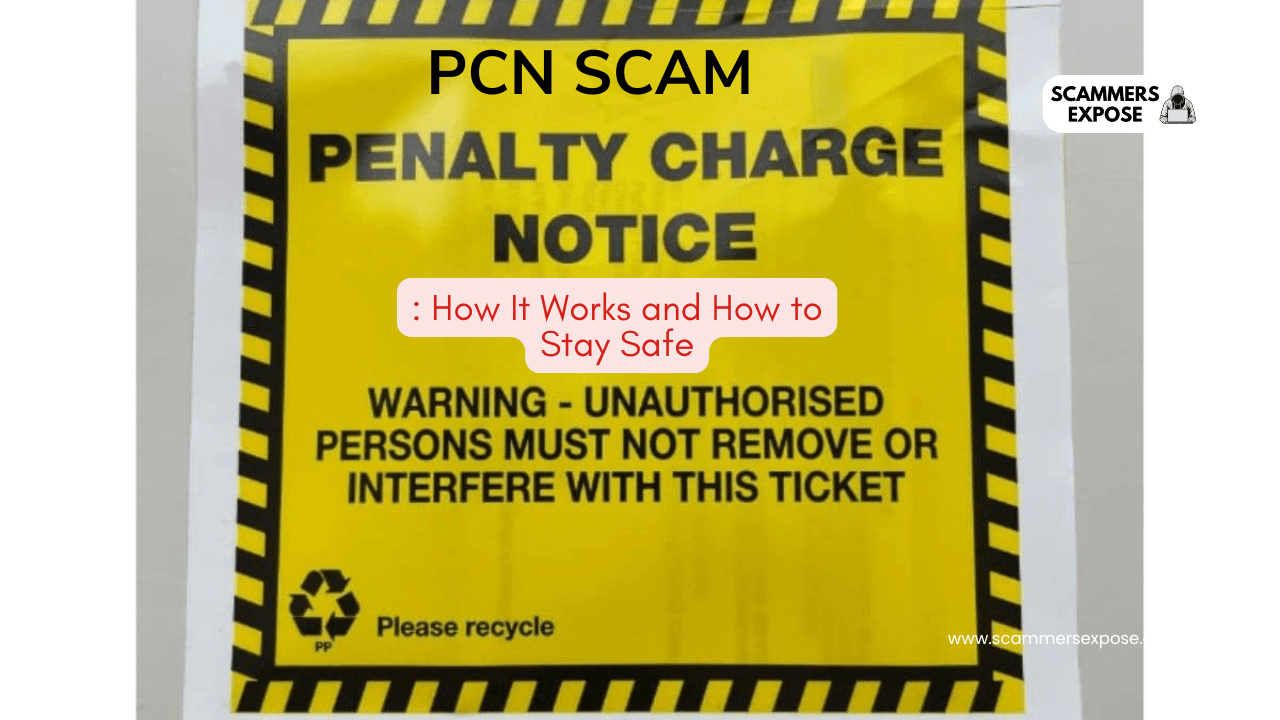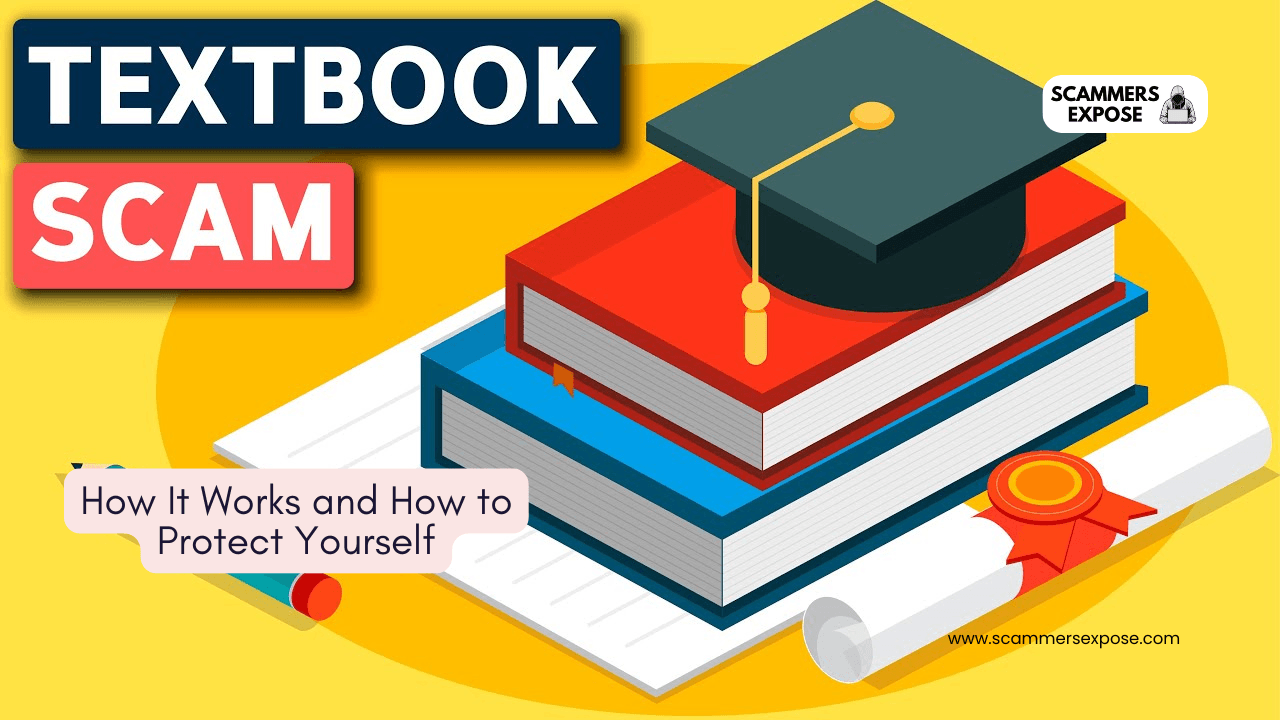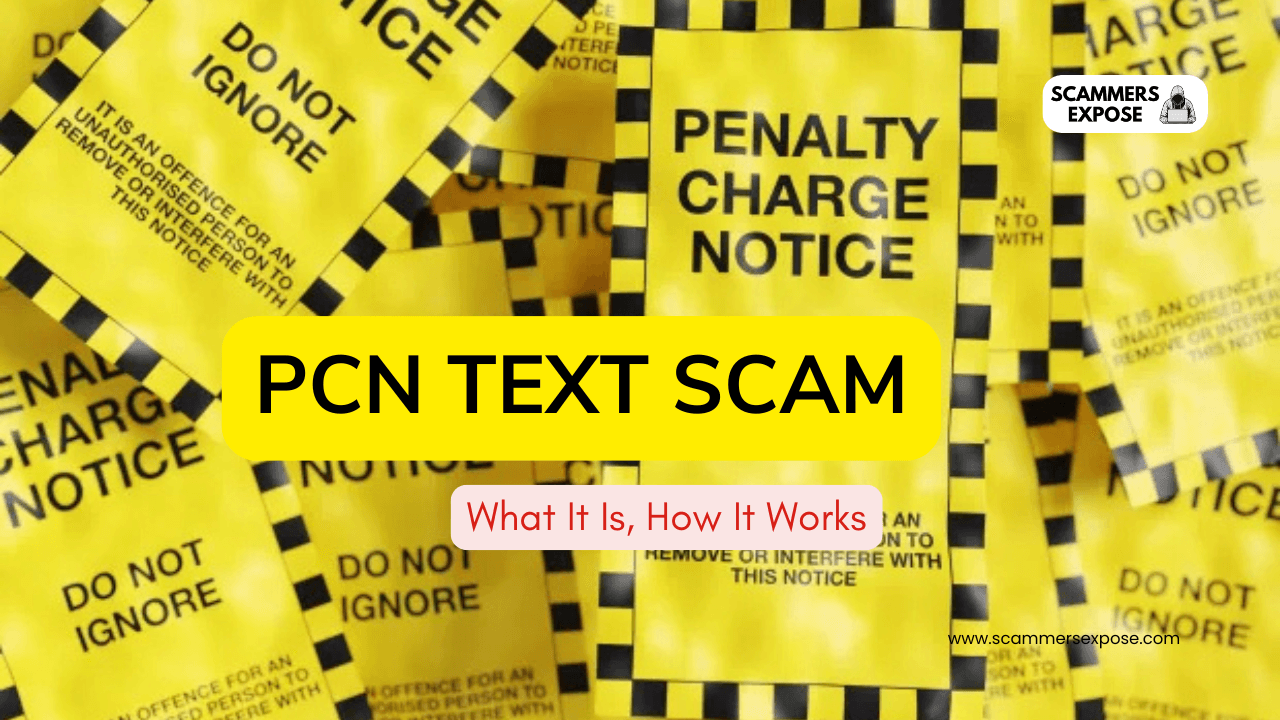The internet is full of opportunity but also full of deception. One of the latest frauds making its rounds is the RGA scam (also known by some as the frga scam). If you’ve come across mysterious messages, job offers, or financial requests labeled with “RGA,” you might be dealing with a scam.
In this post, we break down exactly what the rga scam is, how it works, and most importantly, how you can protect yourself.
What Is the RGA Scam?
The RGA scam is a sophisticated fraud scheme often disguised as a legitimate financial service, employment offer, or investment opportunity. The acronym “RGA” has been used by scammers to represent fictional companies like “Real Grants Association,” “Remote Gigs Agency,” or even faked versions of legitimate corporations. The scammers use these fake names to establish credibility and lure victims into sharing personal or financial data.
Sometimes referred to as the frga scam, this tactic commonly appears via:
- Social media DMs
- Email phishing campaigns
- Fake job postings
- Scam websites posing as financial assistance platforms
The goal? To steal your personal data, money, or both.
How the RGA Scam Works: Step-by-Step Breakdown
Scammers behind the rga scam typically follow a predictable pattern. Here’s how it unfolds:
Step 1: Initial Contact
You receive a message or email stating:
- You’ve qualified for a grant
- You’re pre-approved for a remote job
- You have a refund or prize to claim from “RGA”
Step 2: Establishing Legitimacy
Scammers may:
- Use logos and official-sounding language
- Link to professional-looking websites
- Pose as customer support or recruiters
Step 3: Request for Personal Information
Victims are asked to provide:
- Full name and address
- Social Security Number
- Bank account or payment information
- A copy of a government-issued ID
Step 4: Payment or Deposit Scheme
Once trust is established, the scammers often:
- Ask for a “processing fee” or tax payment
- Deposit fake checks into your bank account and ask you to send part of it back
Step 5: Disappearance
After receiving your money or data, they vanish:
- No further communication
- Websites and emails shut down
- Your bank account may show fraudulent activity
Red Flags and Warning Signs
Being alert can save you from falling into the trap. Watch out for:
- Unsolicited offers from unknown sources
- Too-good-to-be-true claims, like “instant approval” or “guaranteed money”
- Requests for fees up front for processing or taxes
- Urgent deadlines meant to rush your decision
- Suspicious email addresses (e.g., Gmail accounts instead of company domains)
- Poor grammar and spelling errors in communications
- Requests for sensitive documents like your ID or bank login
Realistic Victim Stories (Anonymized)
Case 1: The Remote Job Trap
“Samantha,” a college graduate, received an email about a remote data entry job from a company calling itself the “Remote Gigs Agency (RGA).” After a short interview via chat, she was told she was hired. They sent her a check to buy office equipment and asked her to forward part of the funds to a vendor. Days later, her bank reported the check as fraudulent, and she lost nearly $2,000.
Case 2: The Grant Scam
“James,” a senior citizen, saw a Facebook post about federal grants available through the “Real Grants Association (RGA).” He messaged the contact, who asked for his Social Security number, a copy of his ID, and $100 for “processing.” He never received a grant, and his identity was later used to open several fraudulent credit accounts.
These are just two of many stories. The rga scam can happen to anyone, anywhere.
How to Protect Yourself from the RGA Scam
Knowledge is power. Here are actionable tips to guard against the rga scam or frga scam:
Do:
- Research the organization. Look for independent reviews and official websites.
- Verify email senders. Check domain names and cross-check with legitimate sources.
- Use multi-factor authentication on your accounts.
- Freeze your credit if you suspect a data breach.
Don’t:
- Don’t send money to unknown parties.
- Don’t click suspicious links or download attachments.
- Don’t share personal or banking information over email or social media.
- Don’t believe in instant offers of money with no strings attached.
Where to Report the RGA Scam
If you suspect you’ve encountered or fallen victim to the rga scam, report it immediately:
In the United States:
- Federal Trade Commission (FTC): https://reportfraud.ftc.gov
- Internet Crime Complaint Center (IC3): https://www.ic3.gov
- Your state attorney general: Find contact details on your state government’s website
- Your bank or credit union: Alert them of any suspicious activity
Outside the U.S.:
- Report to your local consumer protection agency
- Contact your national fraud reporting center
Be sure to save all correspondence, screenshots, and receipts—they can help law enforcement trace the scammers.
Conclusion: Stay Alert, Stay Safe
The rga scam and its variations like the frga scam are constantly evolving, but one thing remains the same: scammers prey on urgency, trust, and lack of awareness.
Don’t let them win.
If you found this guide helpful, share it with friends, family, and coworkers. The more people know about the rga scam, the fewer victims there will be.
Have a story to share?
Drop us a message on Scammers Expose. By sharing your experience, you might save someone else from the same trap.
Stay informed. Stay safe. Expose scammers.
Visit our news section to stay updated with the latest developments in the case. For more insights into financial fraud and investor protection, visit Scammers Expose.










Leave a Reply